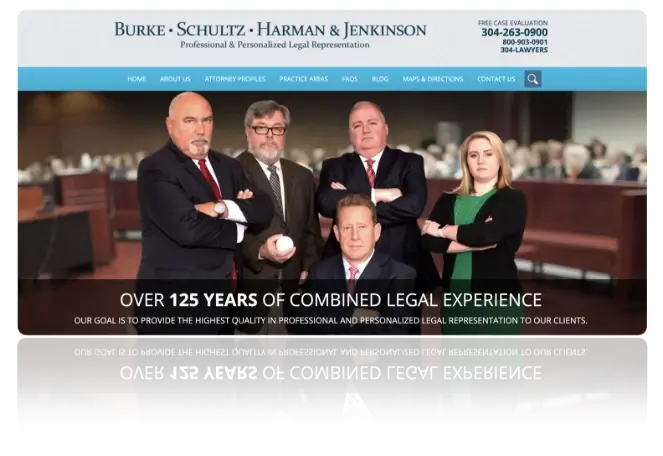Law Commentary - California Edition
Taylor Swift Issues Cease-and-Desist to Kanye West Over Sexually Explicit Online Allegations
Taylor Swift has initiated legal action against Kanye West following a barrage of explicit and defamatory social media posts by the rapper, who alleged—without evidence—that the pop star engaged in sexual activity with fellow musicians Justin Bieber and Harry Styles. The claims, described in graphic detail by West, prompted Swift to issue a cease-and-desist letter, marking the latest development in a long and often contentious history between the two artists.
According to multiple reports, including coverage from the Daily Mail and Yahoo News, the posts were both sexually explicit and false, prompting Swift’s legal team to act swiftly. An insider close to the singer stated that Swift was “left with no other option” but to pursue formal legal recourse, citing the deeply personal and harmful nature of the allegations.
“This time, he has gone too far,” the source said. “His claims are not just false, they are defamatory. This isn’t just gossip—this is sexual harassment, defamation, and an intentional effort to cause emotional and reputational harm.”
What Is a Cease and Desist Letter?
A cease and desist letter is a formal written demand issued by an individual or their attorney, instructing another party to stop engaging in allegedly unlawful or harmful behavior. It serves as a legal warning that further action may be taken if the conduct does not stop.
These letters are commonly used in situations involving defamation, harassment, copyright infringement, trademark violations, and other civil matters. In essence, the letter notifies the recipient that their actions are being perceived as a legal violation and gives them the opportunity to voluntarily cease the conduct before litigation is pursued.
In defamation cases, such as Taylor Swift's action against Kanye West, a cease and desist letter typically outlines the false and damaging statements made, asserts that they are legally actionable, and demands an immediate halt to any further publication or repetition. The letter may also request a public retraction or apology, and in some cases, threaten a lawsuit for damages if the conduct continues.
Although not enforceable on its own, a cease and desist letter is often the first step toward litigation and can carry significant legal weight. If the recipient ignores the warning and continues the behavior, it may strengthen the sender's case in court by demonstrating that they attempted to resolve the matter without resorting to litigation.
While the cease-and-desist is not a lawsuit, it is a formal legal warning, typically demanding the recipient immediately stop the harmful conduct or face the possibility of further legal action.
In Swift’s case, that could include a defamation lawsuit if West continues making similar claims. Under U.S. defamation law, public figures such as Swift must prove that any false statement was made with “actual malice,” meaning the speaker either knew it was false or acted with reckless disregard for the truth.
Swift's current partner, NFL star Travis Kelce, is reportedly "furious" over West’s posts and fully supports Swift’s decision to take legal action. According to sources, Kelce has expressed concern that responding to the claims could amplify them but agrees that West must face consequences for spreading demonstrably false and damaging allegations.
This latest incident adds to a series of public confrontations between Swift and West that have unfolded over more than a decade. Their highly publicized feud began in 2009 when West infamously interrupted Swift’s MTV Video Music Awards acceptance speech, declaring that Beyoncé should have won instead. The animosity continued into 2016 with the release of West’s track “Famous,” in which he called Swift a “b---h” and claimed he “made her famous.”
That dispute escalated when West’s then-wife, Kim Kardashian, released a recording of a phone call purporting to show Swift approving the controversial lyrics. Swift later said the audio had been edited to paint her as dishonest and accused Kardashian and West of orchestrating a “fully manufactured frame job.”
In an interview with Time magazine following her selection as 2023 Person of the Year, Swift opened up about the emotional toll of that episode. She described it as a moment of “career death,” revealing that the backlash forced her to retreat from public life and endure what she described as a severe psychological downturn.
“You have a fully manufactured frame job, in an illegally recorded phone call, which Kim Kardashian edited and then put out to say to everyone that I was a liar,” Swift told Time. “That took me down psychologically to a place I’ve never been before.”
In that same interview, Swift said she spent a year in isolation, moved out of the country, and distanced herself from people she no longer trusted.
While the legal cease-and-desist issued this week is not Swift’s first confrontation with West, it may be among the most consequential. By issuing a formal legal warning, her team has drawn a line that, if crossed, could trigger a high-profile defamation lawsuit. Such a case would require Swift to prove that the statements were false, damaging, and made with actual malice—a burden of proof that is high but not insurmountable under current law.
The nature of West’s comments—explicit, public, and demonstrably untrue—could increase Swift’s chances of success should she decide to take the matter further. Even without a lawsuit, a cease-and-desist serves as a clear message: continued defamatory statements will not be tolerated, especially when reputational harm and emotional distress are at stake.
© 2025 LawCommentary.com. All rights reserved.

